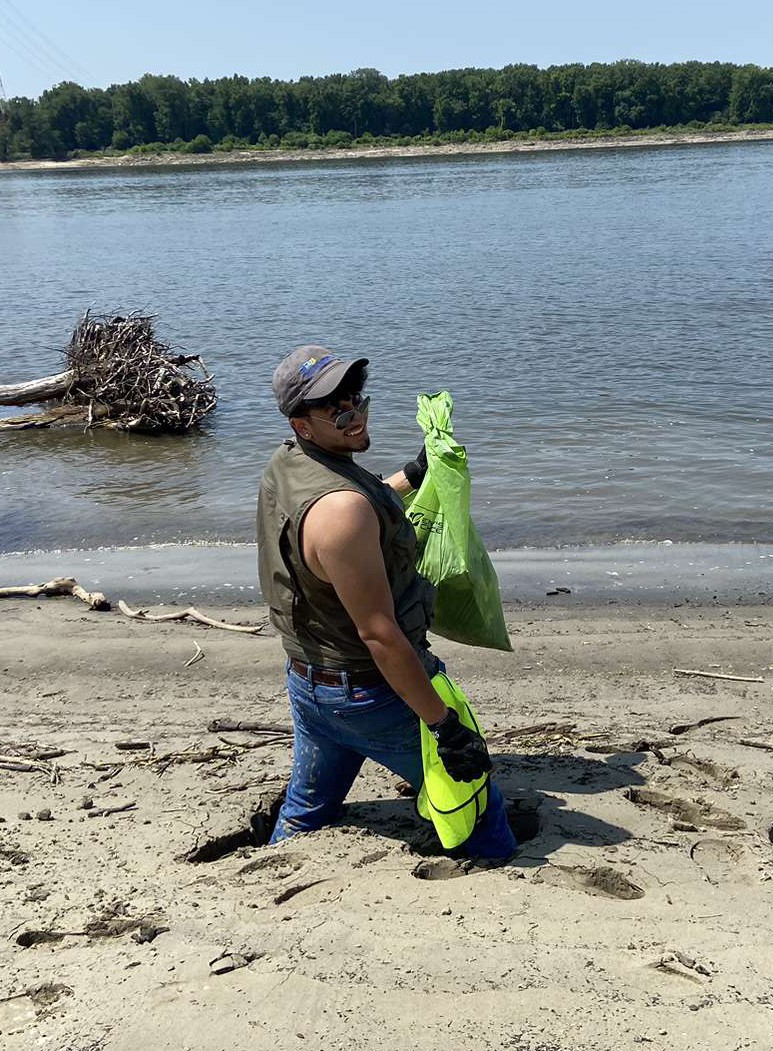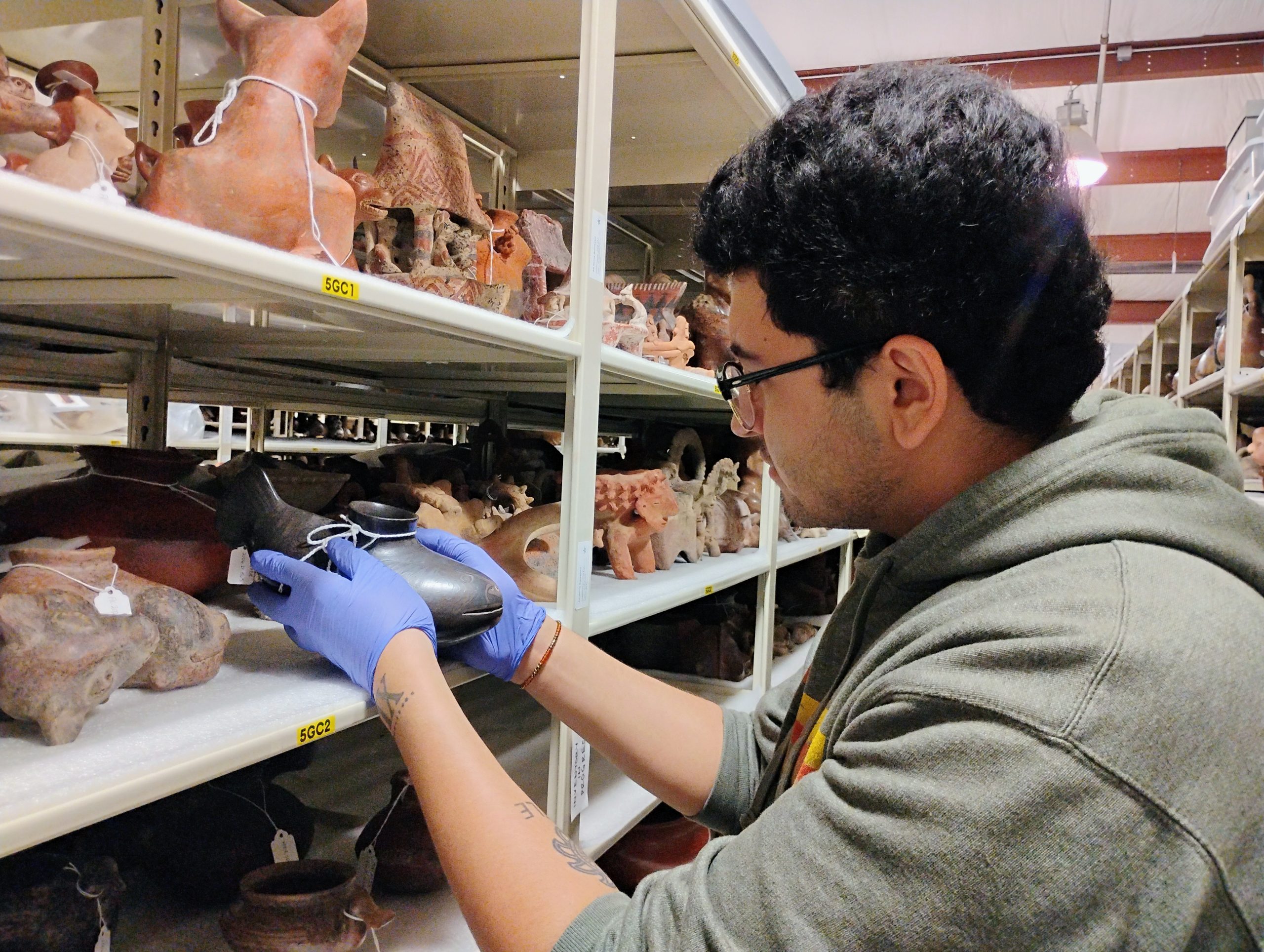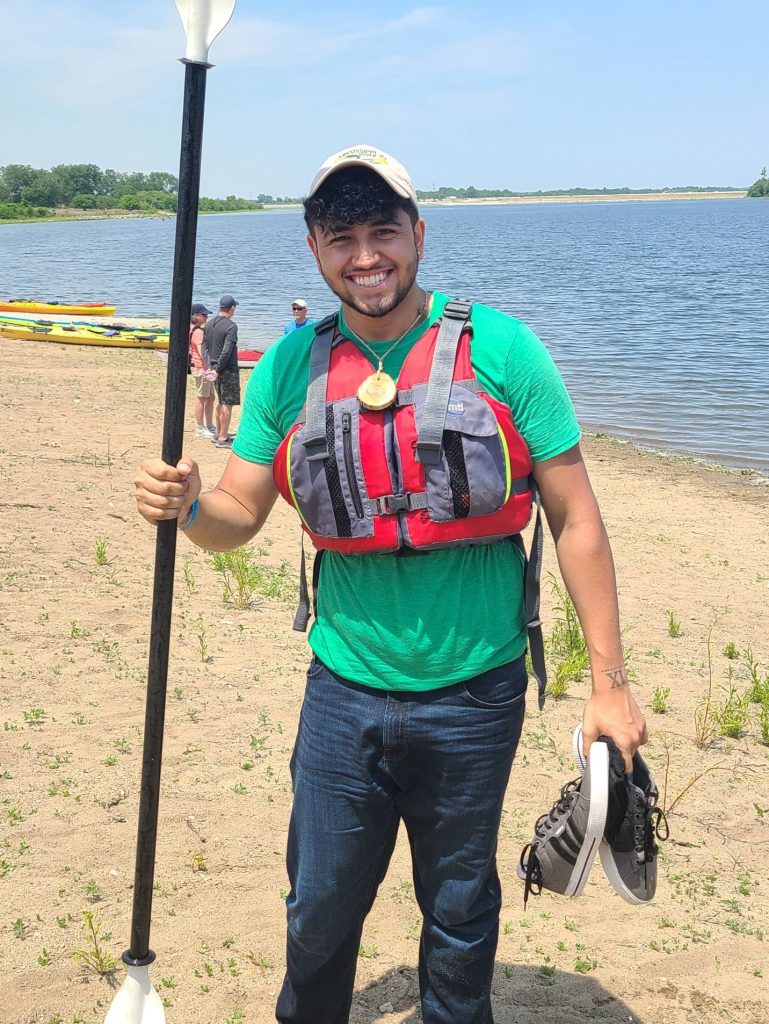What aspect(s) of “land as pedagogy” do you see reflected in your work in CODES/in your life?
For native peoples, land was the pedagogy which taught them life, taught them how to live their lives in a way symbiotic with it. As a person descended from both colonized peoples and the colonizers, I sometimes think of how I could try and choose which ancestors I prefer to model myself after. My Indigenous roots make me sad sometimes, as colonization removed these roots from me – colonization by the Europeans, and the furthered colonization by the systems of capitalism, hierarchy, and American culture. Sometimes I find myself trying my hardest to reclaim a culture that I was not brought up authentically in, that is so far removed from me that I wish I could once again capture. I relate with Simpson: “My experience of education was one of continually being measured against a set of principles that required surrender to an assimilative colonial agenda in order to fulfill those principles.” Education in a sense serves to create a monoculture – whether that was the assimilation schools or schools today that work to remove words like “ain’t,” and “tryna” from student’s vocabularies. The same way that indigenous wisdom was ignored with Kweezen’s and her syrup. Education depends on “one way” of doing things, ignoring that life was never such a way for thousands of years. Land, for Simpson, is the primary source of knowledge, and indigenous ideas should be explored in connection with it. I agree with Simpson’s theory that indigenous knowledge should exist outside of colonial frameworks such as the institution, however, I would say that Capitalist superstructures, which are focused on growing, will eventually steal away this resurgence of indigenous knowledge and repackage it for consumer consumption. Working with NGRREC through CODES, and listening to a spiritualist that they brought for an event helps me understand how a relationship with land gives you a special understanding and the desire to protect it. A social worker I interviewed, Ruth Meyers, talked about how she and a group do water ceremonies to remember the enslaved peoples who died in Alton trying to cross the icy Mississippi to emancipate themselves. Land, the water, and the people are all connected, and understanding land as a place for learning instead of a place for developing and utilization can lead to a spiritual understanding that is absent under modern capitalism. Spiritualism and education are things which should not essentially be separate, and native peoples reclaiming their knowledge and developing their own systems of learning and disseminating knowledge can work to challenge these systems of capital, and not just exist outside of them.


